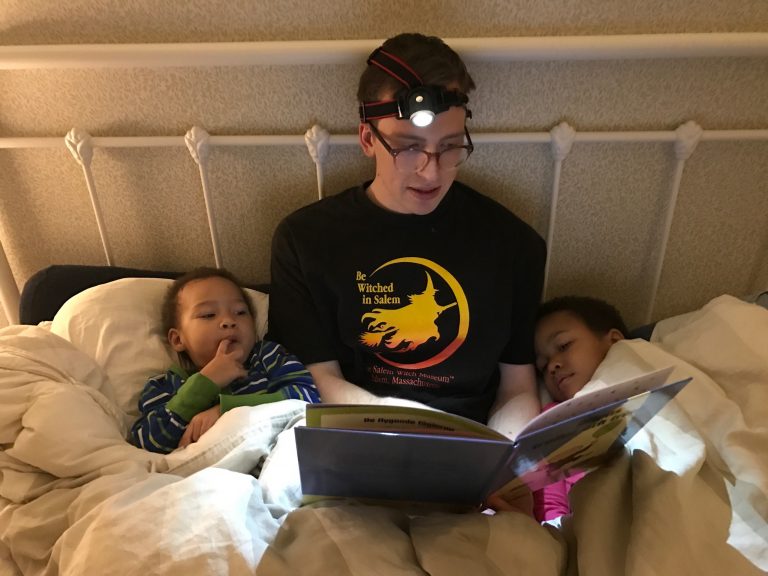I was informed, my blog has received the honor of “The Best Expat Blog in Ghana 2017”. However, I have a very dual feeling about this – am I even an expat?
First of all, the awards are produced by a company which do comparisons of online money transfer sites. They, of course, run this blog competition to gain exposure in social media to make more money.
However that is not really my main issue with this award, my main problem is the word “expat”, short for “Ex-patriate”, which seems to suggest a patriate or a patriot who has been taken out (ex- in Latin) from his or her habitat or country. Is that really my situation? Am I after 10 years in Ghana not more like a newish, slightly odd, Ghanaian? Even more important, an article by Mawuna Remarque Koutonin that went around on social media a few years back convincingly argued there is a racial aspect to the term – a white foreigner is “an expat” and a non-white is “an immigrant”. The author concludes that the only thing to do to change this is to call white foreigners in Africa “immigrants” too. Although I have called myself an expat before, for instance in this 2008 blog post, this debate really enlightened me.
I completely agree with the analysis on the oft racially biased use of “expat”. Hence, I do not feel comfortable to be identified as an expat – if anything, I am an immigrant!
The description of my (immigrant) blog reads:
Kajsa Hallberg Adu owns and operates the blog, Kajsa HA. Born and raised in Sweden, her international life began when she volunteered at the World Expo 2000 in Germany. She went to the U.S. to study, before returning to Sweden for her Bachelor’s in Political Science. During the course of her Master’s degree, she interned in Paris. She moved to Ghana in 2007. Her blog essentially delves into lifestyle, politics, and social media. However, she shares her musings about other aspects as well.
However, I did enjoy the complete list of winning blogs, importantly not all written by white foreigners, and might very well start reading some blogs from Argentina, Botswana, and Egypt by some fellow immigrants to widen my horizons and I hope you do too.
The world is after all made better by immigrants – the jury is still out on expats!



